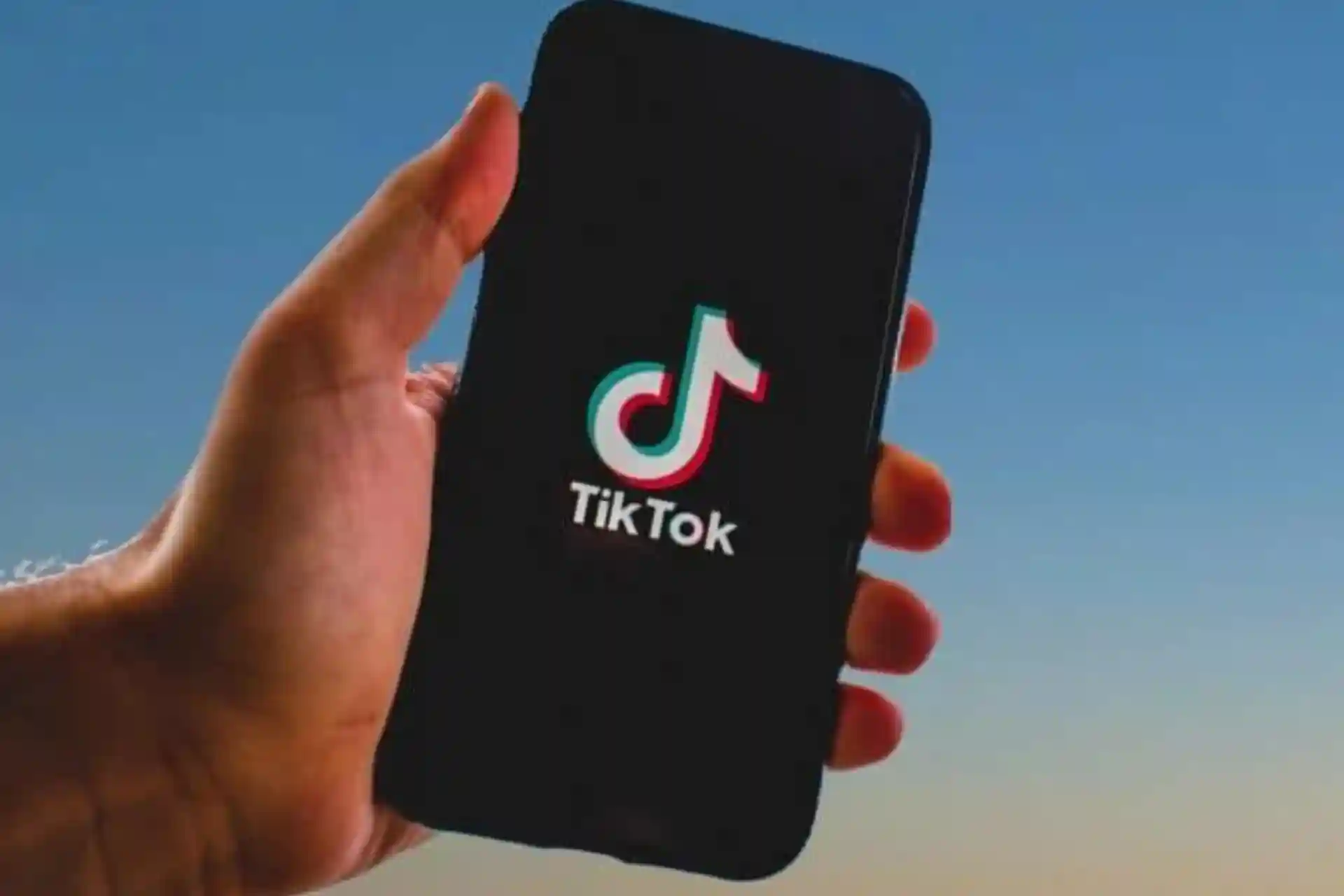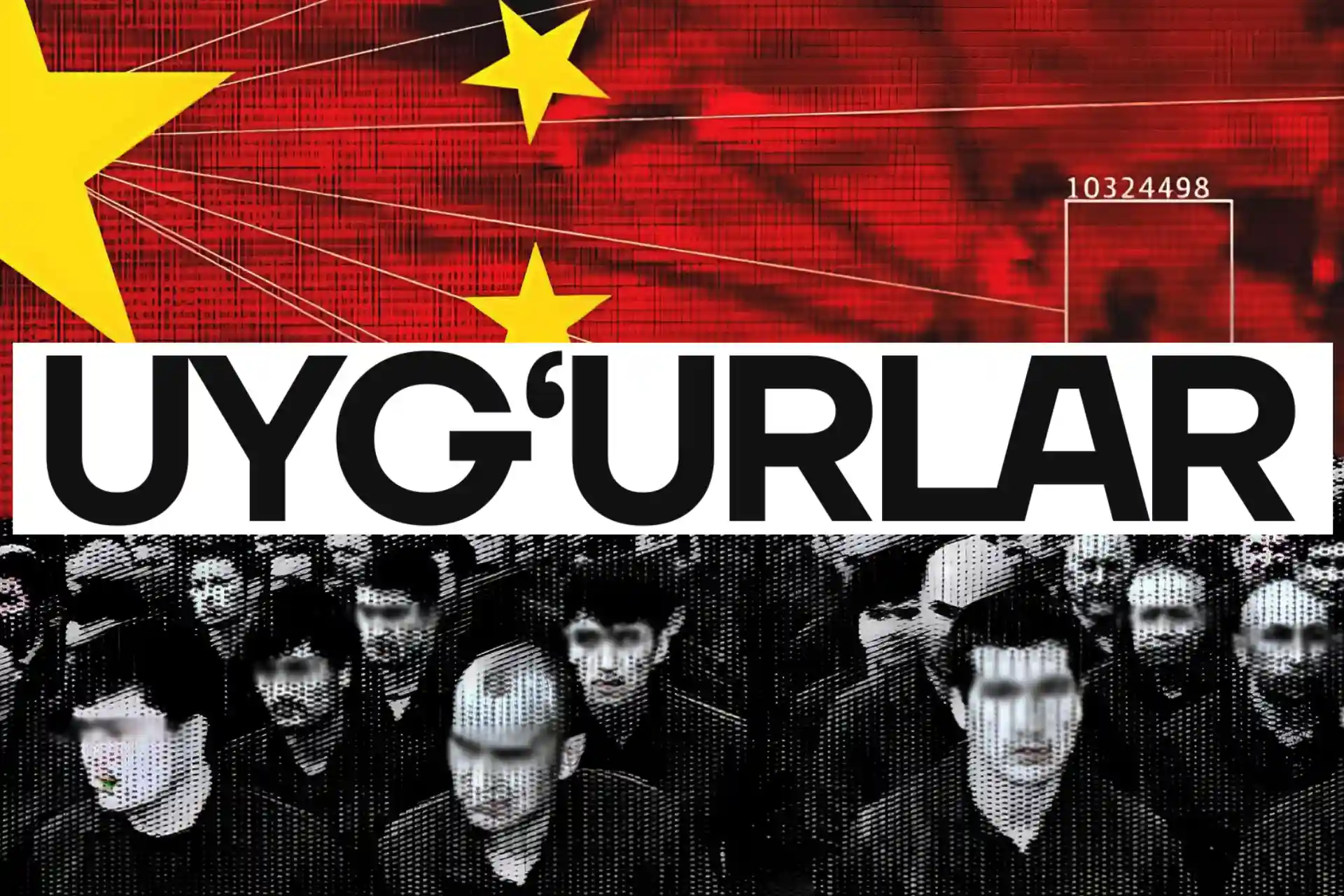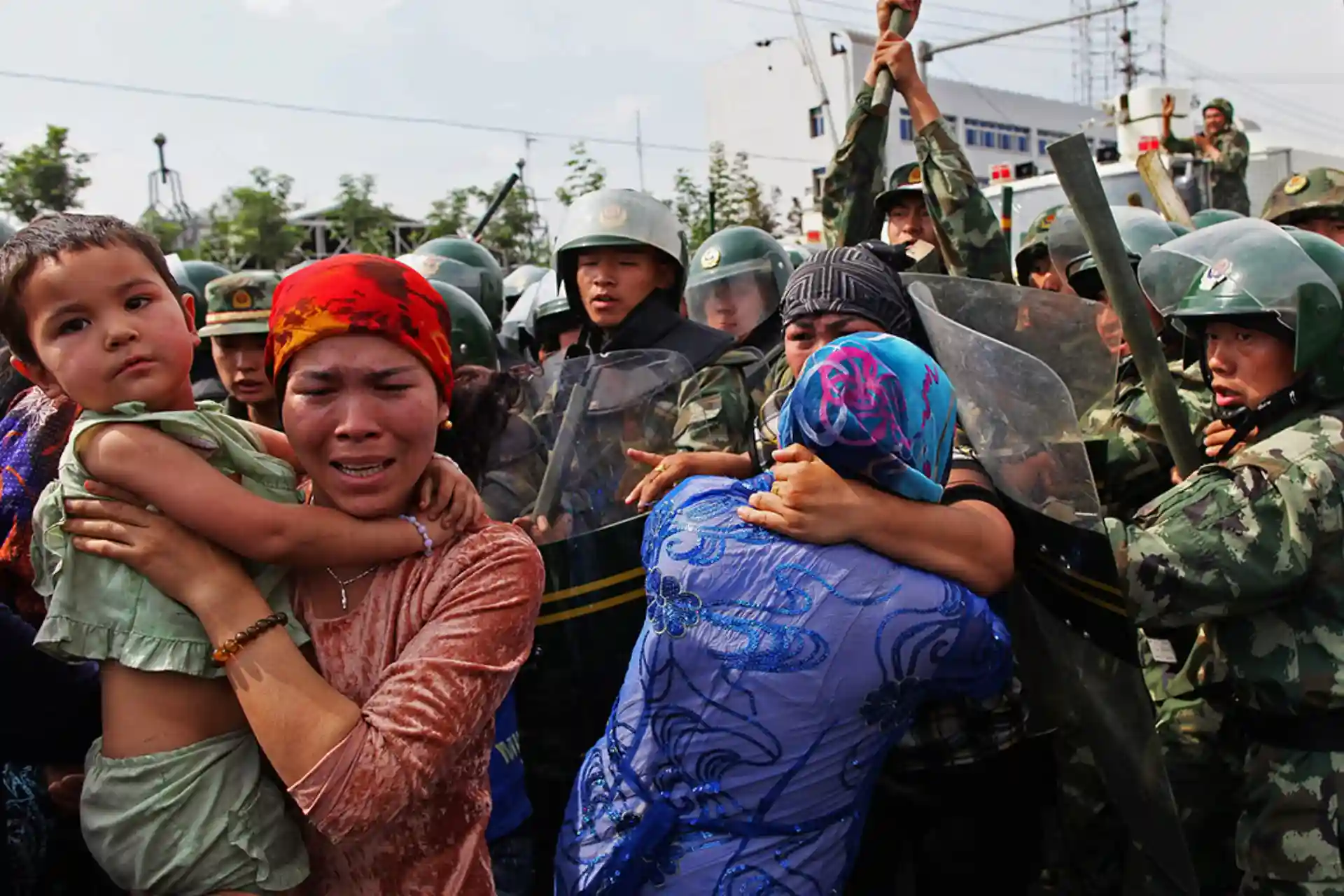13.11.2024 09:56
2060
TikTok has started removing videos about Uyghur rights
TikTok users have begun reporting that videos on the app that violate Uyghur rights have been deleted en masse.
For example, Uyghur student Nafisa Oguz recently uploaded a video discussing the Uyghur genocide in China. In the video, he took part in a debate with prominent Turkish politician Dogu Perincik, but the next day the video was deleted for "violating community rules".
In addition, content criticizing Chinese politics is also being removed.
Despite claiming to be independent of the government, there are reports that TikTok supports censorship in the interest of Chinese authorities. The platform's algorithms are facilitating the widespread dissemination of information that supports the Chinese government while suppressing opposition views. A clear example of this is the blocking of Uyghur activists' pages and the deletion of their videos.
TikTok and Chinese government censorship
There have been several notable incidents involving censorship of Uyghur rights on TikTok.
Blocking Videos Criticizing Chinese Censorship (2020-2021)
In 2021, TikTok sparked protests when it began deleting videos criticized by the Chinese government as violating the rights of Uyghurs. Interestingly, the company apologized for this, calling it a "moderation error". However, many users claimed that it was the result of censorship by the Chinese government.
The Story of the Uyghur Re-Education Camp Video (2020)
In 2020, several videos discussing the existence of re-education camps built for Xinjiang's Uyghurs were removed from TikTok. In these videos, users shared stories of brutality in the camps, torture and forced removal of people from their homes. It's also the result of pressure from Chinese authorities on TikTok to prevent the spread of information that could harm China's image.
Report of Human Rights Organizations (2021)
In 2021, human rights organizations such as Human Rights Watch and Amnesty International accused TikTok of engaging in algorithmic censorship by suppressing human rights content, particularly the situation in Xinjiang. At that time, content containing hashtags such as #Uighur, #UighurGenocide or #Xinjiang was automatically restricted or removed from the platform.



